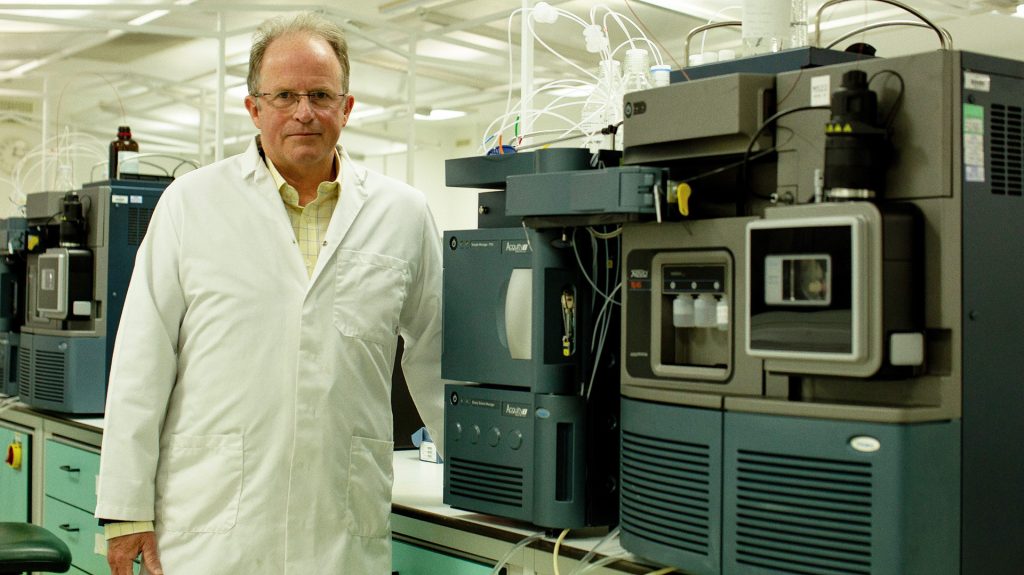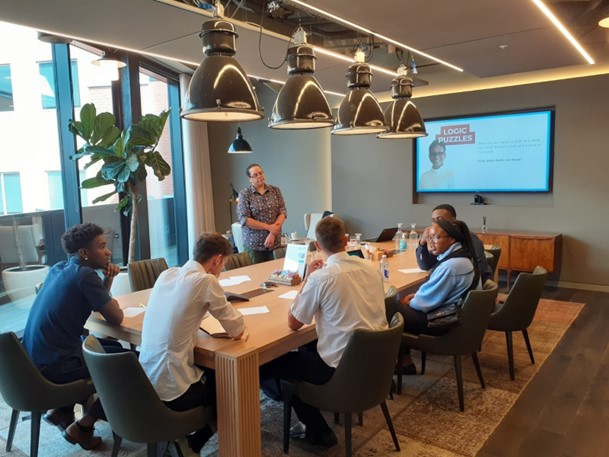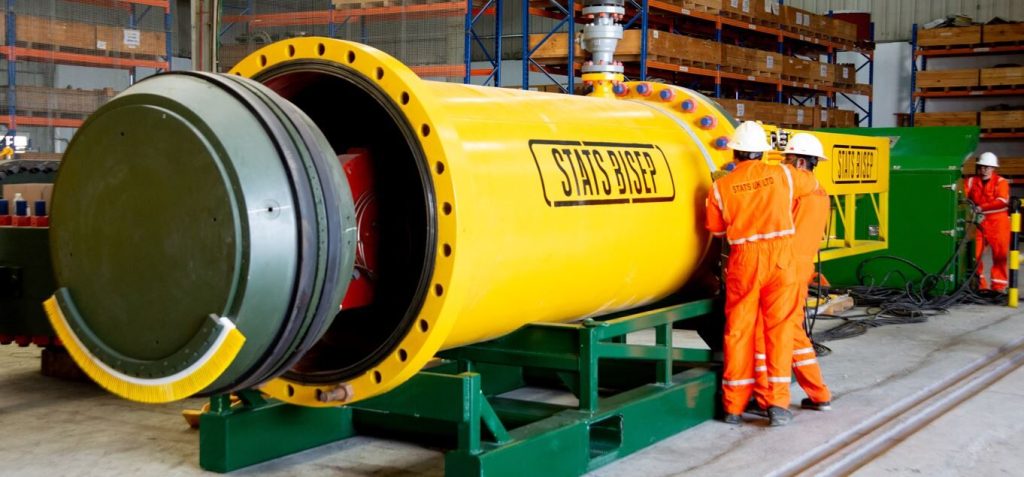A post-exit perspective with Arcinova’s Executive Chair
We speak to Professor Ian Shott CBE, Co-Founder and Executive Chair of the pharmaceutical R&D company, to learn more about its growth journey.

BGF announced its exit of Arcinova in February. Following a period of growth, the business was acquired by Quotient Sciences, the drug development and manufacturing accelerator, backed by global private equity firm Permira.
Here, we speak to Professor Ian Shott CBE, co-founder and Executive Chairman of Arcinova, about the growth journey and future plans for the company.
Your story
“I am a serial entrepreneur and I’ve been running the Shott Trinova portfolio for the last 10 years. At the time that BGF invested in 2018, I had five different businesses. I invested in all of them; I was chairman of all of them; and I was CEO of Arcinova. I had also set up an entrepreneurs’ hub at the Royal Academy of Engineering. Through that, I met BGF and the team became a pro-bono contributor of the enterprise hub.”
What was your growth strategy?
“At the time of BGF’s investment in Arcinova, we had plenty of cash in the business. I wanted to get BGF involved as a minority shareholder in order to put a £2.5 billion fund behind us. We were talking to some of the biggest pharmaceutical companies in the world, so it was hugely valuable to demonstrate an institutional investor had backed the business.
“I had very specific objectives about bringing BGF onboard. Their investment enabled us to keep the peddle down on hiring people, as well as investing capital. Our plan was to take the headcount from 50 to our vision of 450. The day BGF invested, we were at about 100 people, so we’d already doubled in size and wanted to double again as soon as possible.
“The other key element to the investment was that it supported us in securing an asset-based bank loan. We repurchased the extensive site and assets where Arcinova is based. I’m convinced having BGF onboard supported us in doing that.”
What value can an investor add?
“Having an institutional investor brings a level of discipline, rigour and challenge, which I always welcome. It made the board meetings more meaningful, by having investors there. Both Mark Bryant and Mark Rigby were extremely good contributors, helping to stimulate us as a team to achieve the absolute best. The process that we went through with BGF was very positive for me and the team, while enabling us to benchmark with other businesses within the BGF portfolio.
“I like to challenge people within our business. But sometimes, getting other people to challenge you and the team is where the value lies, particularly with BGF as they came at many issues from a different perspective. That helped to share some of my burden as a business leader.
“At the point of exit, we were at about 165 head count, so we continued to grow at a fast rate. When BGF invested in 2018, we were at about £10 million in turnover. The following year was just under £13 million and the year when they exited, bearing in mind the economic and public health landscape with COVID-19, we were just under £16 million turnover.”
How do you know when to exit?
“Have a plan. I’ve run lots of different businesses. Paul Ryan and I have worked on the Shott Trinova portfolio for at least a decade, and, during that time, we have always worked on the strategy of creating a five-year plan. The day that we announced the sale of the business to staff was the exact five-year birthday of Arcinova, to the day.
“We always had 2021/22 as a marker and, with what has happened during the pandemic, the interest in the business had just escalated. We were approached by about 100 different investment banks, operating companies and private equity houses from the United States, across Europe, China, and from the UK, so the timing felt right.
“We initially went into the process looking at an interim deal, interviewing private equity houses, before embarking on a competitive process to sell completely and then whittling it down to three.
“We needed a partner which, like BGF had, understood our experience and strengths and added value in other areas. For the next stage of growth, a PE investor with a portfolio with other companies in our sector, where there may be company-to-company synergy, was attractive. We wanted on the ground knowledge of the United States, where our biggest market is, and where we wanted to acquire.
“I believe we achieved the best fit in Quotient Sciences. It’s a combination of an operating company, backed by private equity that is based on a buy and build strategy. What’s more, this is one of the largest private equity companies in the world.”
What’s your ultimate ambition?
“For Arcinova, we set a valuation target and we ended up with an equity value right on the money. We thought that if we left it for another few years, we could potentially reach a higher value, but there were the added concerns about global economic environment, potential tax changes and other considerations down the track.
“We started off with a £1 acquisition, achieved a successful exit with BGF with very strong returns for all shareholders and I’m now the senior advisor to the Quotient Sciences board, looking at a growth plan which could see us build a unicorn business.
“I have actually reinvested in Quotient Sciences, which has a fast growing annual revenue substantially more than £100 million already. Combined, we are the only business in the world that can go from discovery candidate to commercial manufacture with all the necessary services and capabilities embedded in the company. It’s all about picking the right fit to partner with, so you can achieve that big jump.”
What motivates you?
“I’m really excited by what we’re trying to achieve as an organisation. Through my various roles in business and academia in the pharmaceutical industry, I’ve always been focused on how to do things much better and more quickly. This has been brought into public focus with COVID-19. What has happened in the last year is the fastest development process we have ever witnessed, because unlimited amounts of money have been thrown at the problem. I think we have entered a new era – people will now question why we can’t do the same in the field of cancer, or cardiovascular, and, as a company, we have some of the tools to help make that happen.”
What was your experience of working with BGF?
“I have a very positive feeling, as a result of my experience with BGF. On the one hand, they were presented with a fantastic business to deal with, with a very good team in place – I took minimum risk on people when it came to key positions. On the other, they’ve been very flexible and dynamic, and improved our company as a result. BGF has achieved a lot of good things and certainly fills a gap in the investment landscape.”





